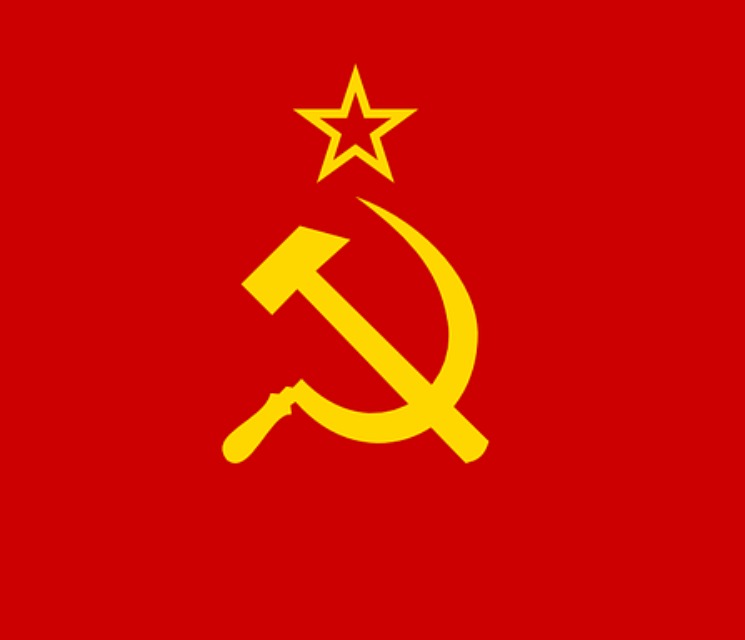This hearing centered the economic and political crisis in the Soviet Union. The Commissioners praised the diligent work of Gorbachev by positively changing the human rights dimension in Eastern Europe. From multi-party participation to higher freedoms of speech and assembly, the Soviet Union has pivoted to international standard of human rights.
Despite the reforms made towards the advancement of human rights the economic situation has never been so pronounced in recent memory. The economic challenges facing the people of the Soviet Union is affecting the political atmosphere in very concerning way- increased powers to the KGB and arms deals that violate past international treaties. The hearing reviewed whether the economic crisis is causing the Soviet state to use military methods to save the Soviet power.





